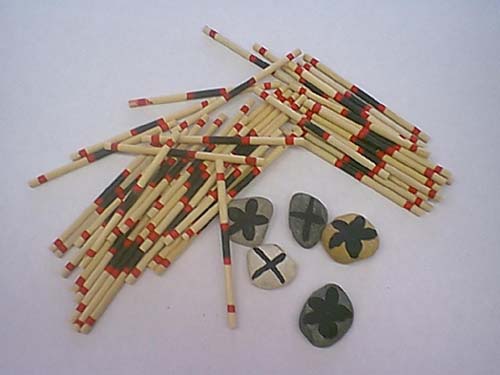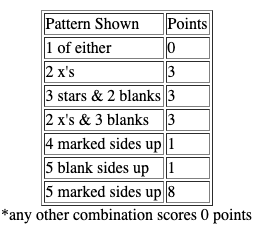In my search to find ways of incorporate Indigenous ways of thinking and learning, it’s been hard to find resources that, in my opinion, would make a non-Indigenous teacher comfortable with implementing it in their class. I find that often it assumes a lot of previous knowledge, or assumes that you have a sense of where the students could take the learning. This source, which is more Ontario based, lays out different options that all revolve around a general essential question. The mix and match resources are easily laid out with suggestions and extensions as well as starting teachers off with a great explanation of how to use the resource and what challenges and mindset they might find helpful. Overall, having this would be a great balance between teachers who would appreciate a step-by-step approach and the openness of Indigenous ways of learning.
https://www.cbc.ca/radio/secretlifeofcanada/secret-life-of-water-1.5257931




